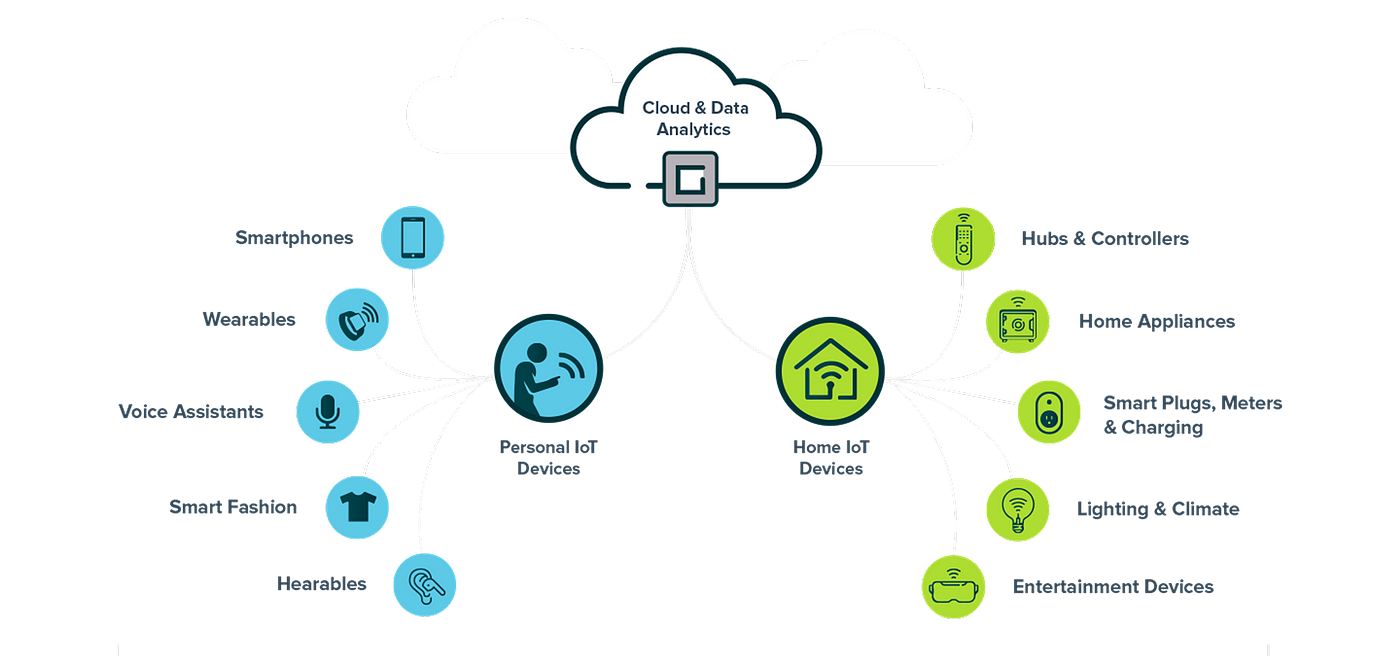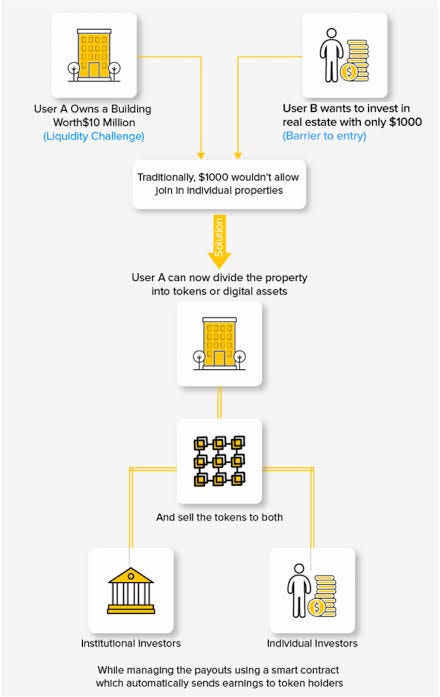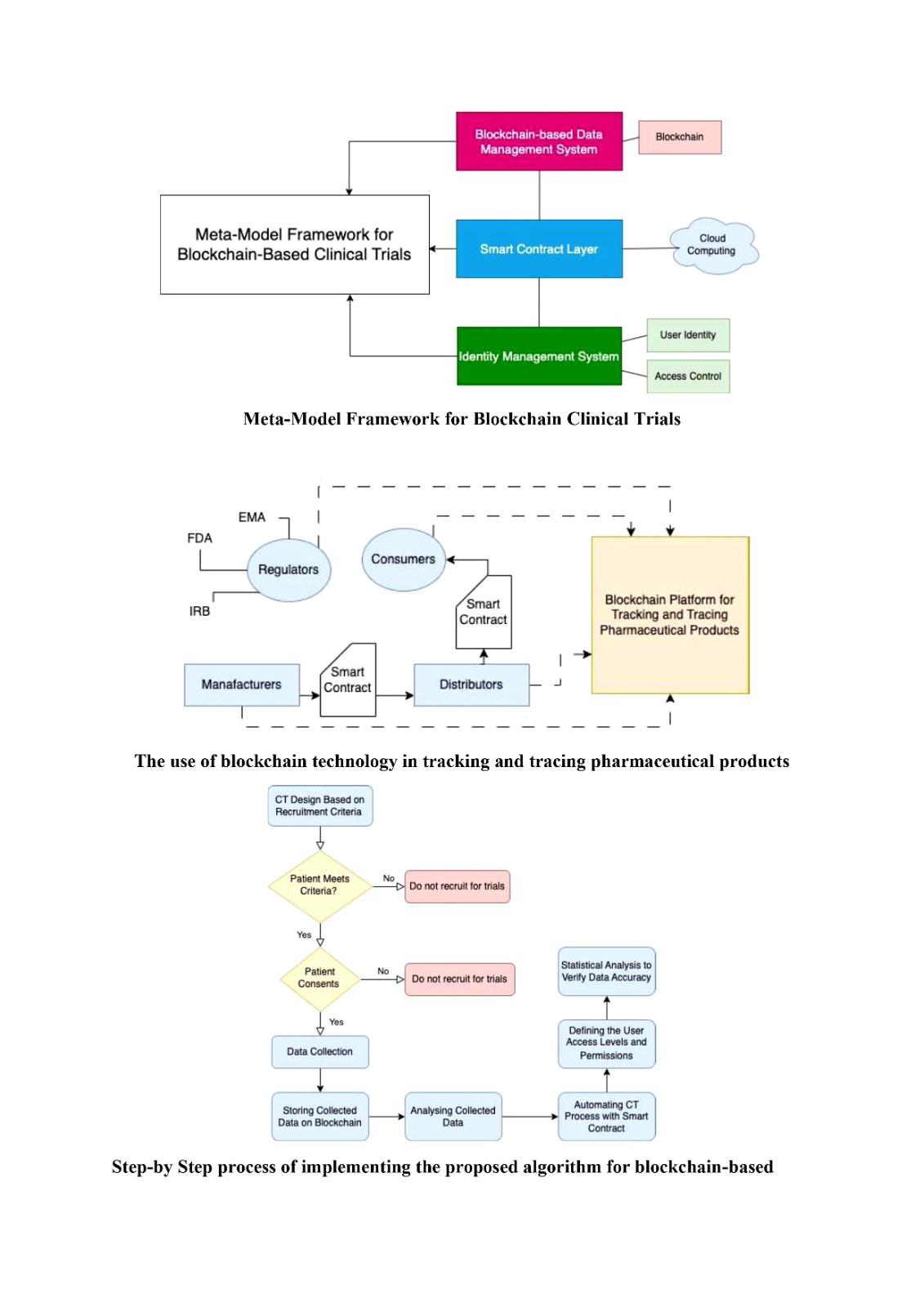
Empowering Users: Navigating Decentralized Identity Management
Decentralized identity management has emerged as a groundbreaking concept, empowering users with greater control over their personal information in the digital realm. This paradigm shift is revolutionizing how individuals manage and authenticate their identities, enhancing security and privacy.
Understanding Decentralized Identity Management
Decentralized identity management involves a departure from traditional, centralized models where entities control and verify individuals’ identities. In a decentralized system, users have ownership and control over their identity information, stored and verified using blockchain technology. This shift aims to address privacy concerns and put users in the driver’s seat of their digital identities.
The Role of Blockchain in Identity Management
Blockchain technology serves as the backbone of decentralized identity management. Utilizing the inherent features of immutability, transparency, and security, blockchain ensures that identity data is tamper-resistant and verifiable. Decentralized identity solutions leverage these properties to create a trustworthy and user-centric system.
Enhancing Security and Privacy
One of the primary benefits of decentralized identity management is the heightened level of security and privacy it affords users. With personal information stored on a distributed ledger, the risk of a single point of failure or data breach is significantly reduced. Users can selectively disclose only the necessary information, maintaining a higher degree of privacy control.
User-Centric Authentication
Decentralized identity management shifts the authentication paradigm from being institution-centric to user-centric. Individuals can authenticate themselves without relying on intermediaries, reducing the need for multiple usernames and passwords. This user-centric approach streamlines the authentication process, making it more convenient and secure.
Interoperability and Portability
Decentralized identity solutions prioritize interoperability and portability. Users can carry their digital identity seamlessly across various platforms and services. This not only enhances user convenience but also promotes a standardized approach to identity verification, fostering a more connected and interoperable digital ecosystem.
Decentralized Identity and Self-Sovereign Identity (SSI)
Self-sovereign identity is a key aspect of decentralized identity management. It empowers individuals with complete control over their identity without relying on a central authority. Users can selectively share their identity attributes without compromising the integrity of their personal information.
Challenges and Solutions in Decentralized Identity Management
While decentralized identity management brings numerous benefits, it is not without challenges. Ensuring scalability, addressing regulatory concerns, and establishing widespread adoption are among the hurdles. However, ongoing innovations, collaborative efforts, and evolving standards aim to overcome these challenges and drive the widespread adoption of decentralized identity solutions.
Community Engagement and Education
Decentralized identity management requires active community engagement and education. Platforms and projects should prioritize educating users about the advantages, functionalities, and security aspects of decentralized identity. Community involvement is crucial in fostering understanding and building trust in this innovative approach to identity management.
Exploring Decentralized Identity Management
For those keen on exploring the potential of decentralized identity management, platforms like Decentralized Identity Management offer valuable insights and resources. These platforms contribute to the broader conversation about user-centric identity solutions, security, and the future of digital identity in a decentralized landscape.
A User-Centric Future: Decentralized Identity Management
In conclusion, decentralized identity management represents a transformative shift towards user empowerment and enhanced security. By placing control back into the hands of individuals, this approach not only addresses privacy concerns but also paves the way for a more interconnected and user-centric digital future. As technology evolves, decentralized identity management is poised to play a pivotal role in shaping the next phase of digital interactions.
























